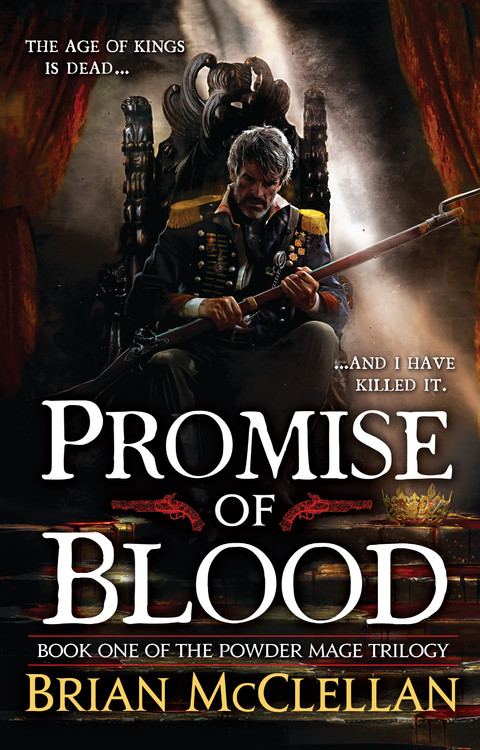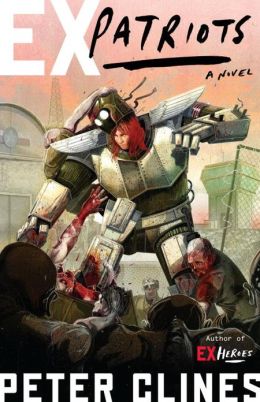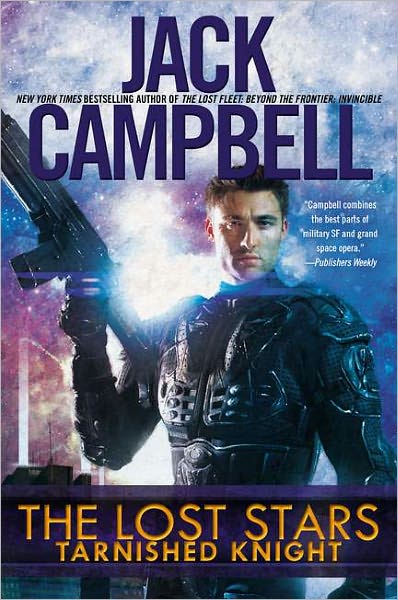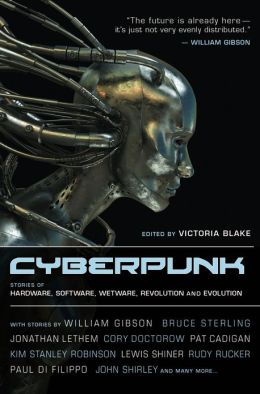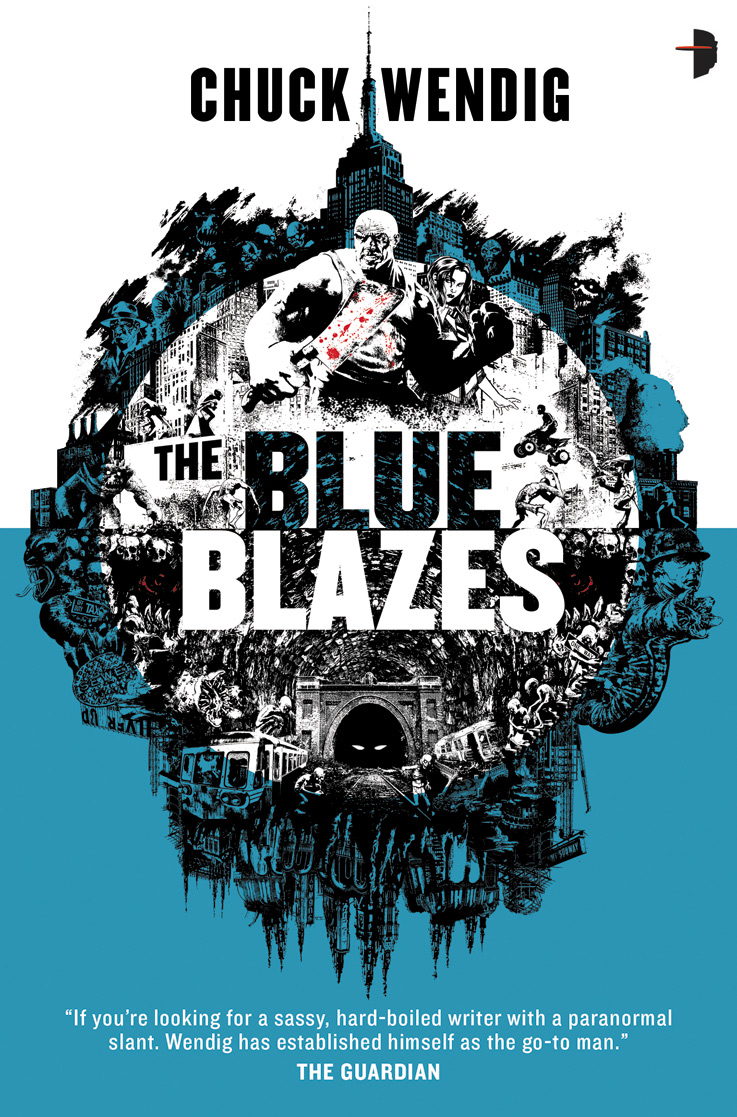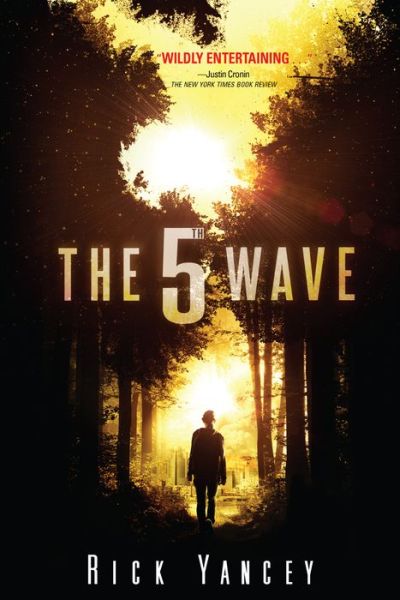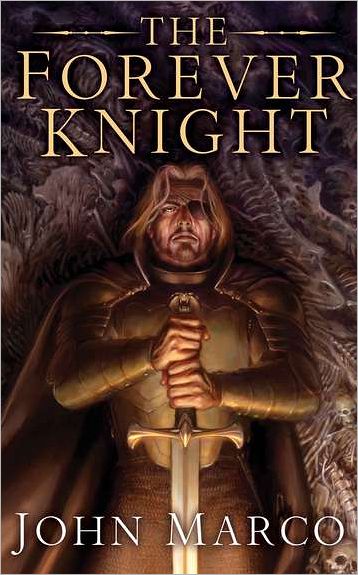Just three books this week, one of which I’m already reading.
 The Tyrant’s Law (The Dagger and the Coin #3) by Daniel Abraham (Orbit Trade Paperback 05/14/2013) – One of the books publishing this year I was most anticipating, I’ll be reviewing this for Tor.com
The Tyrant’s Law (The Dagger and the Coin #3) by Daniel Abraham (Orbit Trade Paperback 05/14/2013) – One of the books publishing this year I was most anticipating, I’ll be reviewing this for Tor.com
The great war cannot be stopped.
The tyrant Geder Palliako begins a conquest aimed at bringing peace to the world, though his resources are stretched too thin. When things go poorly, he finds a convenient target among the thirteen races and sparks a genocide.
Clara Kalliam, freed by having fallen from grace, remakes herself as a “loyal traitor” and starts building an underground resistance movement that seeks to undermine Geder through those closest to him.
Cithrin bel Sarcour is apprenticing in a city that’s taken over by Antea, and uses her status as Geder’s one-time lover to cover up an underground railroad smuggling refugees to safety.
And Marcus Wester and Master Kit race against time and Geder Palliako’s soldiers in an attempt to awaken a force that could change the fate of the world.
The tyrant Geder Palliako begins a conquest aimed at bringing peace to the world, though his resources are stretched too thin. When things go poorly, he finds a convenient target among the thirteen races and sparks a genocide.
Clara Kalliam, freed by having fallen from grace, remakes herself as a “loyal traitor” and starts building an underground resistance movement that seeks to undermine Geder through those closest to him.
Cithrin bel Sarcour is apprenticing in a city that’s taken over by Antea, and uses her status as Geder’s one-time lover to cover up an underground railroad smuggling refugees to safety.
And Marcus Wester and Master Kit race against time and Geder Palliako’s soldiers in an attempt to awaken a force that could change the fate of the world.
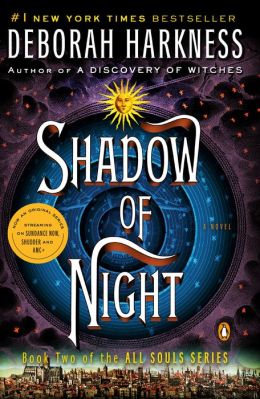 Shadow of Night (All Souls Trilogy #2) by Deborah Harkness (Viking Trade Paperback 05/29/2013) – Second in Harkness’s trilogy about a witch who becomes friends with a vampire. My wife really enjoyed the first book.
Shadow of Night (All Souls Trilogy #2) by Deborah Harkness (Viking Trade Paperback 05/29/2013) – Second in Harkness’s trilogy about a witch who becomes friends with a vampire. My wife really enjoyed the first book.
The #1 New York Times–bestselling sequel to A Discovery of Witches is as “enchanting, engrossing, and as impossible to put down as its predecessor” (Miami Herald)
J. K. Rowling, Stephenie Meyer, Anne Rice—only a few writers capture the imagination the way that Deborah Harkness has done with books one and two of her New York Times–bestselling All Souls trilogy. A Discovery of Witches introduced reluctant witch Diana Bishop, vampire geneticist Matthew Clairmont, and the battle for a lost, enchanted manuscript known as Ashmole 782.
Harkness’s much-anticipated sequel, Shadow of Night, picks up from A Discovery of Witches’ cliffhanger ending. Diana and Matthew time-travel to Elizabethan London and are plunged into a world of spies, magic, and a coterie of Matthew’s old friends, the School of Night. As the search for Ashmole 782 deepens and Diana searches for a witch to tutor her in magic, the net of Matthew’s past tightens around them, and they embark on a very different—and vastly more dangerous—journey.
J. K. Rowling, Stephenie Meyer, Anne Rice—only a few writers capture the imagination the way that Deborah Harkness has done with books one and two of her New York Times–bestselling All Souls trilogy. A Discovery of Witches introduced reluctant witch Diana Bishop, vampire geneticist Matthew Clairmont, and the battle for a lost, enchanted manuscript known as Ashmole 782.
Harkness’s much-anticipated sequel, Shadow of Night, picks up from A Discovery of Witches’ cliffhanger ending. Diana and Matthew time-travel to Elizabethan London and are plunged into a world of spies, magic, and a coterie of Matthew’s old friends, the School of Night. As the search for Ashmole 782 deepens and Diana searches for a witch to tutor her in magic, the net of Matthew’s past tightens around them, and they embark on a very different—and vastly more dangerous—journey.
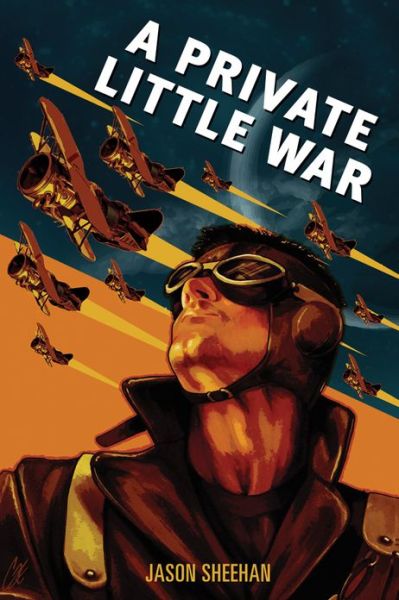 A Private Little War by Jason Sheehan (47 North Trade Paperback 06/11/2013) – Sheehan is a chef (he won the James Beard award, which is about the highest award a chef can win), this is his debut novel
A Private Little War by Jason Sheehan (47 North Trade Paperback 06/11/2013) – Sheehan is a chef (he won the James Beard award, which is about the highest award a chef can win), this is his debut novelHe felt something in his belly twist up like cold fingers curling into a fist. This is it, he’d thought. This is when it all goes bad…
Private “security” firm Flyboy, Inc., landed on the alien planet of Iaxo with a mission: In one year, they must quash an insurrection; exploit the ancient enmities of an indigenous, tribal society; and kill the hell out of one group of natives to facilitate negotiations with the surviving group—all over 110 million acres of mixed terrain.
At first, the double-hush, back-burner project seemed to be going well. With all the advantages they had going for them—a ten-century technological lead on the locals, the logistical support of a shadowy and powerful private military company, and aid from similar outfits already on the ground—a quick combat victory seemed reasonable. An easy-in, easy-out mission that would make them very, very rich.
But the ancient tribal natives of Iaxo refuse to roll over and give up their planet. What was once a strategic coup has become a quagmire of cost over-runs and blown deadlines, leaving the pilots of Flyboy, Inc., on an embattled distant planet, waiting for support and a ride home that may never come….
The debut novel from acclaimed, James Beard Award–winning food critic Jason Sheehan, A Private Little War is the dark tale of a deadly war being waged in secrecy—and the struggle to stay sane in a world that makes no sense. A Catch-22 for a new generation,A Private Little War is sure to become a science fiction classic.




